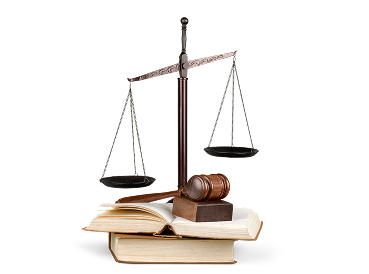Non-disclosure agreement
Protecting Your Ideas with Ironclad Confidentiality – Our NDA Ensures Your Vision Stays Secure.
Standard
₹5999 ₹7999
Protect your sensitive business information with a legally binding Non-Disclosure Agreement (NDA) drafted by experts at Rest The Case. Whether you’re sharing ideas, business plans, or confidential data, our customized NDAs ensure your information stays safe and secure.
What you'll get:
-
Custom Drafting
-
Mutual & One-Sided NDAs
-
Legal Compliance
FAQs on the Non disclosure agreement
Have more questions ? Look at our FAQ section

When should I use an NDA?
An NDA should be used whenever you need to share confidential information with another party and want to ensure that the information remains protected. Common scenarios include business negotiations, partnerships, hiring processes, product development discussions, and joint ventures.
What types of information can be protected by an NDA?
An NDA can protect various types of information, including but not limited to: Trade secrets Business plans and strategies Customer and client lists Financial data Intellectual property (IP) Product designs and prototypes Marketing strategies Proprietary software or technology
How long does an NDA last?
The duration of an NDA can vary depending on the agreement. It can last for a specific period (e.g., 2-5 years) or until the confidential information is no longer considered sensitive or valuable. Some NDAs have perpetual confidentiality obligations.
What happens if an NDA is breached?
If an NDA is breached, the non-breaching party can take legal action against the breaching party. Remedies may include monetary damages, injunctive relief to prevent further disclosure, and legal fees.
Can an NDA be mutual or one-sided?
Yes, NDAs can be either mutual or one-sided: Mutual NDA: Both parties agree to keep each other's information confidential. One-Sided NDA (Unilateral NDA): Only one party is required to keep the information confidential, typically used when only one party is sharing sensitive information.
Can I modify an NDA after it’s signed?
Yes, an NDA can be modified after it’s signed, but any changes must be agreed upon by all parties involved. The modification should be documented in writing and signed by all parties to ensure it is legally binding.
Do NDAs apply internationally?
NDAs can apply internationally, but their enforceability may depend on the laws of the specific countries involved. It's important to consider jurisdiction and governing law clauses when drafting an NDA that involves parties from different countries.
Looking for a Lawyer in your area?

My Cart
Services
₹ 0




 A non-disclosure agreement (NDA), also known as a confidentiality agreement, is a legally binding contract that protects proprietary information. It ensures the secrecy of sensitive data like trade secrets, business plans, software code, and more, by restricting its disclosure to unauthorised third parties.
A non-disclosure agreement (NDA), also known as a confidentiality agreement, is a legally binding contract that protects proprietary information. It ensures the secrecy of sensitive data like trade secrets, business plans, software code, and more, by restricting its disclosure to unauthorised third parties.